Technology has never failed to amaze us with its continuous advancements. It has been applied to many different fields including the field of photography. Photography has been improved dramatically through time and more photography advancements are still being developed till present. Before there was only still photograph or pictures but now, a camera can shoot and record videos as well as do many other functions most people do not ever know exist.
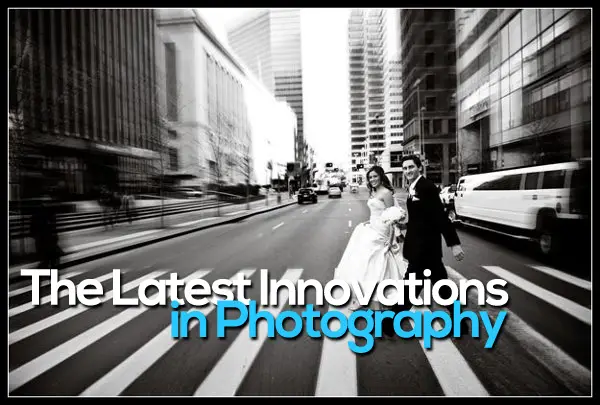
There are other advancements in the photography industry that will be most helpful when selecting your main photography tool, the camera.
Video Capable
Most point and shoot cameras now have video capabilities which can record up to 1080p HD videos. There are just a few high-end professional cameras with this capability though, as most professional photographers were not really interested in video recordings. However, recently there seems to have been a realization that both still photographs and videos are useful even for professionals. Canon has contributed a high-end professional camera with video capabilities. It released the first DSLR with full HD video capability, the EOS 5D Mark II and now Canon released Mark III. Mark III features a 1080p30 full HD video with stereo audio ability. This was proven by the recently released DSLR camera from Nikon. Nikon’s D800 DSLR is audio/video capable and can record a 1080p full HD video.

Additional GPS Feature
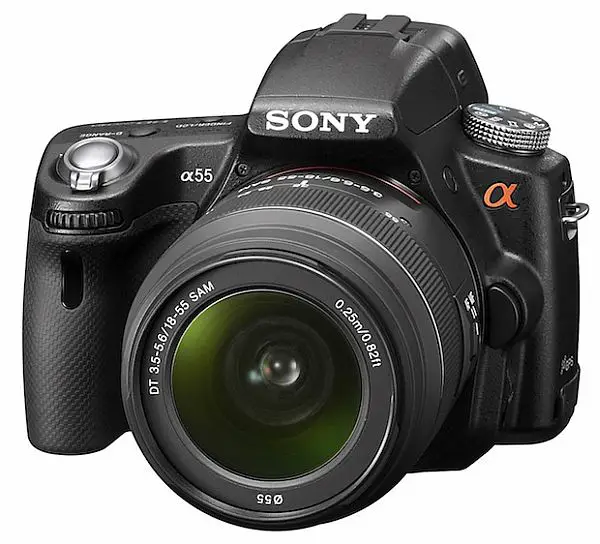
Another technology applied in the photography field is an addition of a GPS unit on digital cameras. GPS units are able to automatically register locations where your photographs are taken, complete with the longitude, latitude, and altitude data as well as time. This has been a popular and well-loved feature in digital cameras not only by amateur but professional photographers too. Landscape as well as wildlife photographers are able to exploit this feature as they are able to return to good spots for more beautiful pictures which may not be easily tracked without GPS.
Wi-Fi Ready
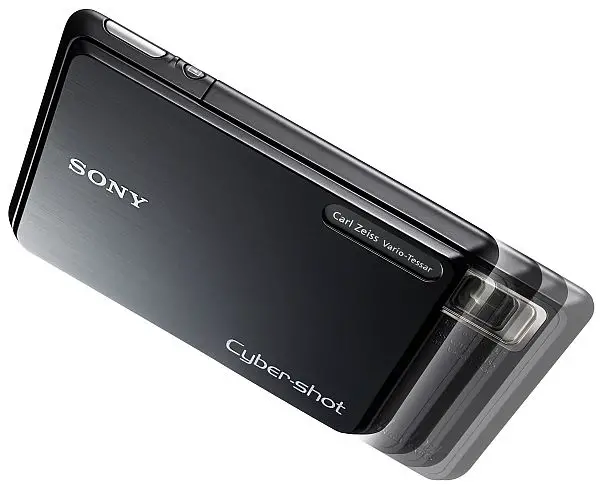
Probably one of the best advancements of cameras today is the automatic registration of photographs in cameras which no longer needs developing so images may be viewed. This advancement is even further enhanced as many digital cameras today are Wi-Fi ready so you can immediately share or upload photographs to social media sharing sites or image hosting sites without the need to print, scan or upload the images in computers.
On-Camera Photograph Editing
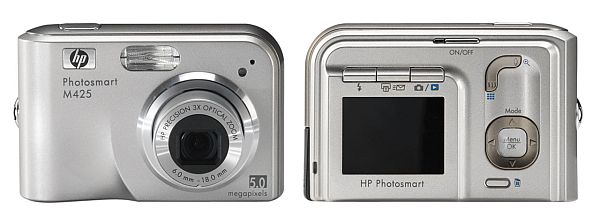
Most digital cameras are also equipped with in-camera editing software which can help enhance the photographs you have taken. Canon’s EOS 7D firmware has been improved to have added on-camera photograph editing features such as peripheral illumination, chromatic aberration, distortion, white balance adjustments, picture style and sharpness, instant resizing and more.
The photography industry has gone a long way with advancements and innovations but there does not seem to be any sign of stopping as the photography developers are going for more each month. More and more promising improvements are being developed to make photography life easier and finer with the help of digital cameras both for professionals and amateurs alike.
About the author: Abbas Hussain, blogger who talks about photography for companies like UK Aerial Photos



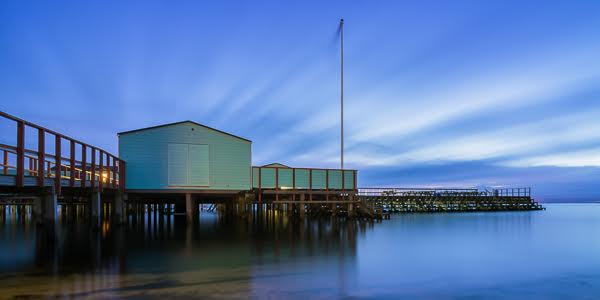





Examples like these continue to amaze me. Makes it a lot tougher to decide on the next camera to purchase or do you just wait it out for sometime. I know many that are putting aside their big DSLR’s for the smaller Sony Nex line and having a good time. Do you think the big DSLR’s will ever go away?
Hey, Maureen! That’s a good question about DSLR’s. I believe they will live long enough and all the new stuff will just form new market segments. They DSLRs are kind of huge, but good lenses are even more huge, and even with compact bodies, no one can trick the physics laws. So for professional purposes I think DSLRs will stay alive. But for hobby purposes – mirrorless cameras seem to be very exciting. And I think that wifi and gps will soon be featured in almost every new model.
As for waiting for a newer camera to come out, hm, you can just wait forever – everything improves constantly. You can try waiting for a 3D HD video support for example, which is quite possible in a couple of years. Or you can get a camera today. I’d go for the second choice 🙂 Only if you know that a brand new camera is going to be released in a month or two – a really good, even revolutionary one, then… maybe yes, it makes sense to wait a bit. Sorry for the long comment 🙂
Sounds great George, Thanks. And for some of us film shooters, keep shooting film so they never stop making film 🙂
That’s right 🙂 Maybe they’ll even treat us with some new film cameras someday 🙂